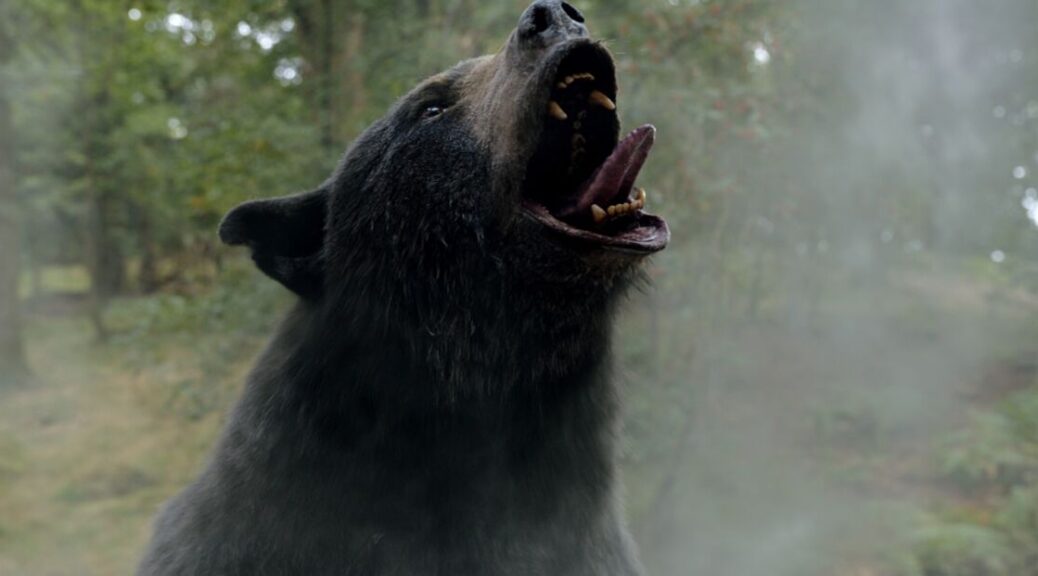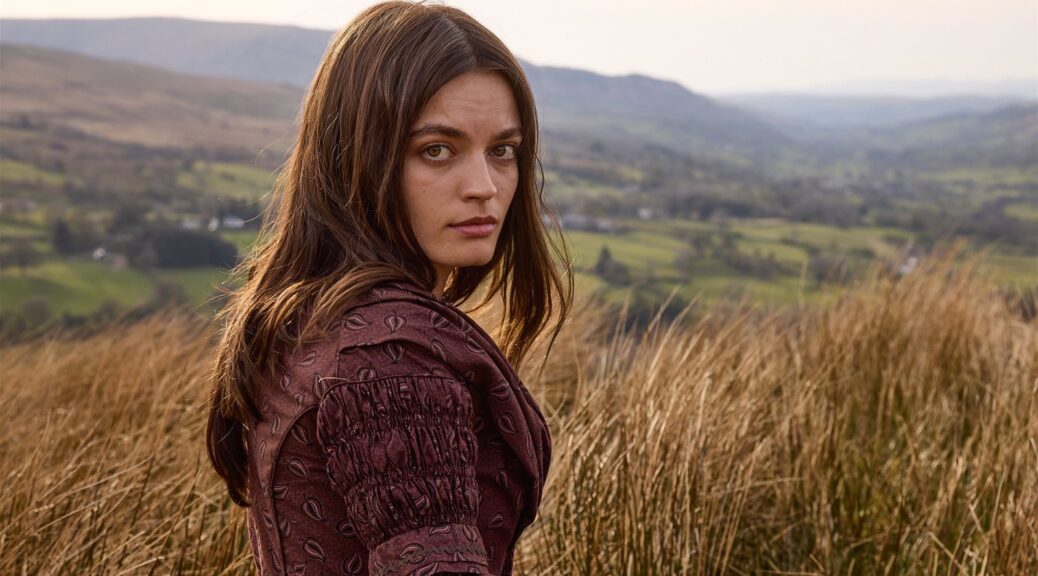Free Skate
by Christie Robb
That being a professional athlete is not all fun and games probably doesn’t come as a surprise these days. Just look at all the flack Simone Biles took for withdrawing from competition at the Tokyo Olympics, or the years of sexual abuse perpetrated by the U.S. Gymnastics team’s doctor against team members.
Director Roope Olenius’s (Bunny the Killer Thing) Free Skate focuses on the athletes of elite figure skating. It follows an immensely talented young unnamed female skater (Veera W. Vilo, also the film’s writer) as she flees an abusive situation in Russia and attempts to rebuild her life and career in her native Finland.
Olenius and Vilo have elected to tell the story in non-linear fashion, bouncing between the skater’s time in Russia and her new life. There is a bit of a failure in the visual storytelling here, making it tricky to differentiate between the two timelines. There is also the occasional flashback to the skater as a child and her relationship with her mom, but superficial physical similarities between the skater and her mother make these scenes difficult to parse as well. Now, the film does use Russian, Finnish, and English and I’m guessing that folks more familiar with Russian and Finnish would have a much easier time orienting themselves in the story’s timeline. (So, really, I’m just criticizing my own inability to differentiate Russian and Finnish.)
Vilo, who was an elite gymnast, plays the skater with a polished exterior veneer barely covering a fractured center. It’s difficult to assess her overall acting ability as she plays the skater as emotionally disassociated. But Vilo definitely has the physical ability to portray this level of athlete without Olenius having to cut away to a body double very often—super impressive as figure skaters bend in impossible ways while basically balancing on knives.
Slow to begin, the movie increases in tension until it starts to resemble a horror movie toward the final act as almost everyone in the skater’s life demands more and more from her—wanting more cheerful facial expressions, wanting her to lose weight on a frame already too skinny to menstruate, wanting her to share stories about her past, wanting her to let rich men fuck her for sponsorship.
The last act, perhaps, veers a bit too hard toward melodrama, but overall Free Skate is a solid film exploring the unhealthy power dynamics and overwhelming pressures in elite sport.













